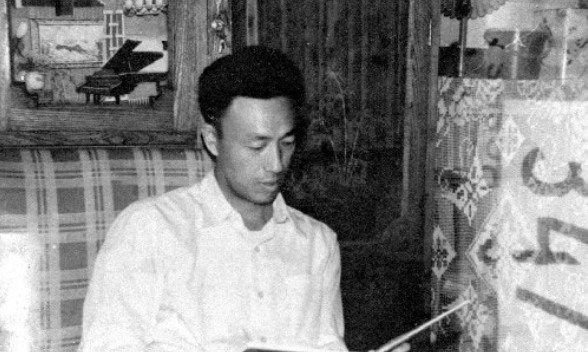Jiang was a native of Hangzhou, Zhejiang Province.
In 1956, he enrolled in the Department of Physics of Peking University. Upon graduation, he took the examination of Changchun Institute of Optics, Fine Mechanics and Physics and became a postgraduate of Professor Wang Daheng, a famous optics expert. Later, he worked in the institute, as deputy research fellow and acting director of the Fourth Research Office in succession.
Jiang was skillful at calculation, installation, testing, procedure formulating and standardization of optical transfer functions. In 1965, he and his team workers cooperated to develop China's first optical transfer function testing equipment and set up a first-class optical testing laboratory. Later he designed China's first electronic color scanner and solved many key and difficult problems in producing camera lens. His article "On Photographic Field Lens' Spectral Transmissivity" was of great significance to China's film and TV industry.
Jiang understood English, German, French, Russian and Japanese and translated a lot of foreign materials, but never kept them to himself. He would repetitively help his colleagues modify their papers, but never expected to include his own name in publication. As his scientific achievements became known in the optics field, he would give the opportunity of attending academic conferences to colleagues. On many other issues, such as gaining a technical post, house or higher wages, he would always give them to others.
Because of constant overwork, he died of exhaustion on June 15, 1982, at the age of 43. The CPC Jilin Provincial Committee admitted him posthumously to be a formal CPC member and conferred him the title "a model CPC member". The State Council also gave him the title "national model worker".

